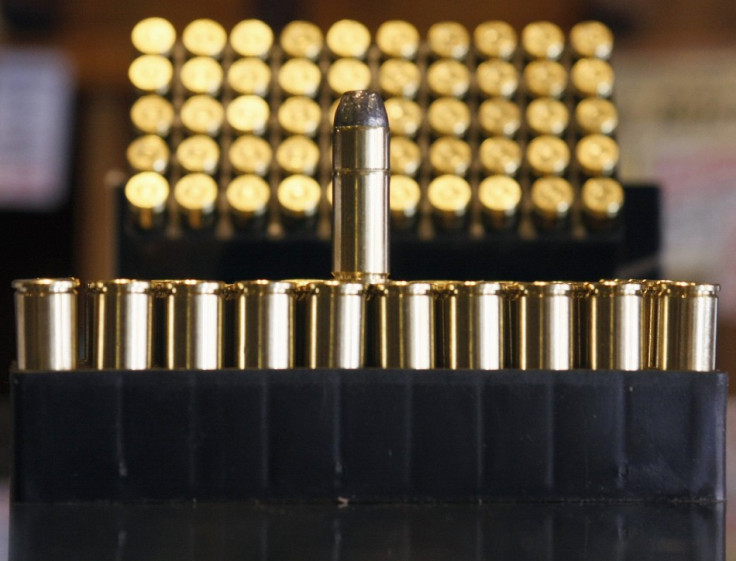MPs Fault MoD's Inventory Management

MPs have criticised the ministry of defence's (MoD) inventory management as they found the ministry is unnecessarily spending billions of pounds on equipment amid tight funding.
The Public Accounts Committee found that the ministry bought £1.5bn ($2.3bn, €1.7bn) worth of raw materials and consumable supplies, including uniforms and ammunition, in 2012 ordering more than its actual need.
"It is unacceptable that the ministry of defence is wasting significant amounts of public money buying equipment and supplies that it doesn't need," Richard Bacon MP, member of the committee, said in a statement.
"It is particularly galling at a time when funding is tight and when one considers that the National Audit Office has been warning about these issues for over 20 years."
The committee added that the department was not effective in disposing of stock it no longer needs or does not use regularly. The ministry has not moved over £4.2bn of non-explosive inventory for at least two years and a further £2.4bn of non-explosive inventory already held is sufficient to last for five years, the committee said.
"With stock returning from Afghanistan and soon from Germany, the problem is likely to get worse unless the MoD acts now to get rid of the £3.4 billion stockpile of supplies it has identified as no longer being needed. It needs to act fast as some central depots for non-explosive items are already 90 per cent full," Bacon said.
The National Audit Office had warned the department about the inventory problem as long ago as 1991, but the issue still remains unaddressed.
The department failed to manage the ordering, retaining, and disposing of inventory, as it lacked information systems and professional inventory skills, the committee said.
Nevertheless, the committee said it was "cautiously encouraged" that the department is "now starting to get a grip" on the problem.
The department is on track to reduce spending on inventory by £300mn in 2012-13, and it plans to reduce it by £500mn a year within the next three years, according to the committee.
The ministry also plans to reduce its volume of stock by 35 percent in line with the anticipated return of inventory from Afghanistan and Germany.
© Copyright IBTimes 2025. All rights reserved.






















